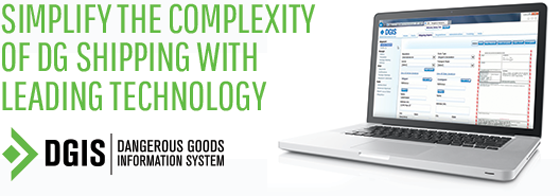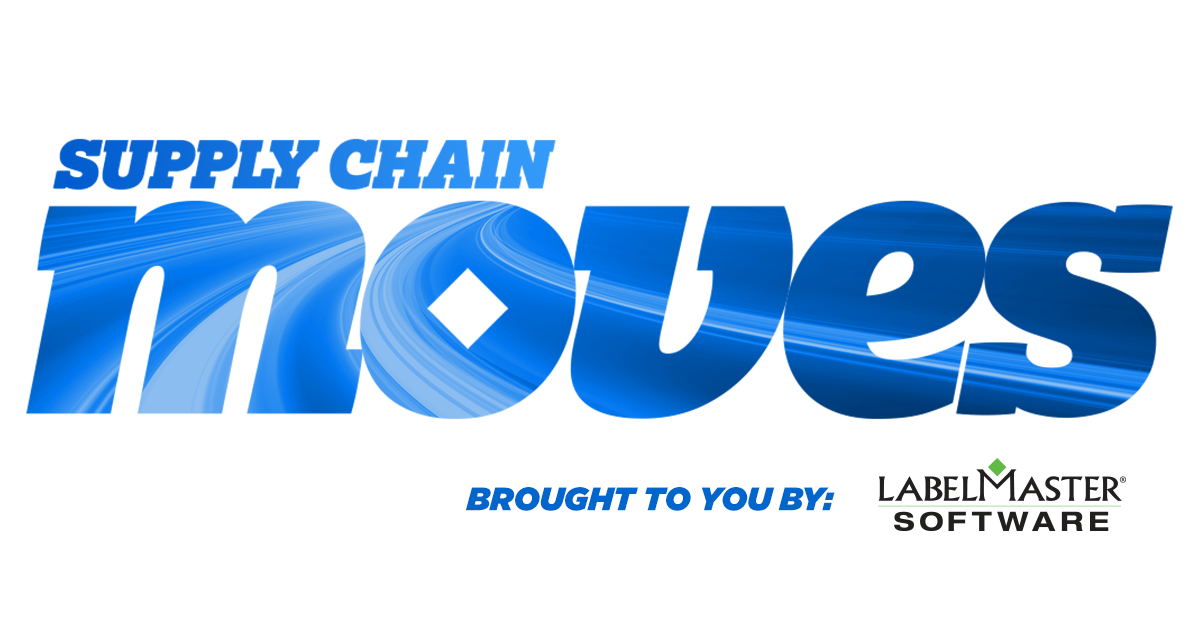

Week of April 22, 2019
Linking technology news with Dangerous Goods compliance
Supply chain compliance is challenging, especially as increasingly strict rules and requirements are being played on organizations by their customers, including the adoption of technology.
To help companies keep a pulse on technology trends impacting business and the movement of dangerous goods throughout the supply chain, Labelmaster has launched “Supply Chain Moves,” a weekly report linking the latest technology news to dangerous goods compliance.
Let’s examine the recent supply chain technology and industry news.
TECHNOLOGY
- Why Turn to Artificial Intelligence to Monitor Your Supply Chain Compliance?: While buying organizations have mandated that vendors comply with specific supply chain rules, some are now even requiring vendors to invest in automation.
- Resilience360 Reveals Global Impact of 2018 Supply Chain Disruptions: The 2018 Annual Risk Report presents an overview of the main disruptive events that affected supply chains around the world.
- A Digital Transformation Debriefing with Jeff Immelt: Jeff Immelt, who ran GE for 16 years and pushed forth a lot of what now defines the digital factory, offers wisdom on what current leaders need to know.
- As Supply Chains Get Tech Savvy, is Cybersecurity Keeping Pace?: Supply chain technology is advancing quickly, but are cybersecurity systems keeping pace? The answer is a resounding no.
- Seven Ways to Jump-Start AI: Artificial intelligence can offer competitive advantages, but it’s not easy to drive success without understanding how to overcome the challenges.
- ERP Software: Facts and Stats: Buying and implementing an ERP system is one of the most complex projects a business will take on. Technology Evaluation Centers presents facts and stats on the selection, implementation and usage of ERP systems.
3PL TECH
- SCALA Research Finds Only 18% of UK Companies are Satisfied with 3PL Suppliers: According to a recent study, there are significant discrepancies between the satisfaction levels 3PL customers and the perceived satisfaction rates of the 3PLs themselves.
- Why Amazon is Expanding Shipping and Logistics Services: Amazon’s next move: become a shipping and logistics provider for retailers, competing directly with third-party shipping companies.
- Echo Global Logistics Launches App for Bidding, Managing Freight: 3PL unveils EchoDrive, a carrier app and web portal with access to Echo’s private load board.
Technology & Dangerous Goods Compliance
Compliance is becoming an increasingly critical part of the supply chain. In addition to the complex, ever-expanding government regulations, companies (especially retailers) are placing increasingly strict requirements on their suppliers. And just like with government regulations, noncompliance can lead to fines and have a negative impact on an organization.
In a recent article from Forbes, DiCentral Chief Strategy Officer John Nguyen notes that while buying organizations have historically mandated that vendors comply with rules in order to maintain a smooth, cost-effective supply chain, some are now requiring vendors to invest in automation.
According to Nguyen, “Some of these compliance rules required vendors to invest in automation that would streamline the supply chain process, increase operational flexibility, enhance collaboration and ensure scalability. Without automation, there’s an increased risk of operational disruption, which could lead to diminished profit margins.”
While some vendors may be forced to invest in new technologies simply to meet customer demands, automation technology and artificial intelligence will help these organizations better manage the hundreds (or thousands) of unique business rules a supplier might have and better ensure compliance.
“Managing thousands of unique business rules is a challenge for any enterprise resource planning (ERP), order management, transportation management or manufacturing replenishment system…Using artificial intelligence capabilities that can monitor compliance with the business rules established by retailer customers are becoming easier for suppliers who adopt a cloud-based environment.”
Supply chains continue to become increasingly complex, especially for companies shipping dangerous goods, as they have even more rules and regulations to keep track of and follow. This only increases the risk of shipments being delayed (or stopped) due to noncompliance, putting them at greater risk of failing to meet their customers’ delivery requirements.
Are you effectively managing your compliance programs?

Labelmaster’s Dangerous Goods Information System (DGIS) is the leading SaaS solution to help companies more efficiently and accurately manage their Dangerous Goods shipments. DGIS validates your Dangerous Goods shipment data against the latest regulations, ensuring a more efficient supply chain and reducing friction found in Dangerous Goods shipments. DGIS is a certified partner/validation solution with ERP, transportation and warehouse management systems.

